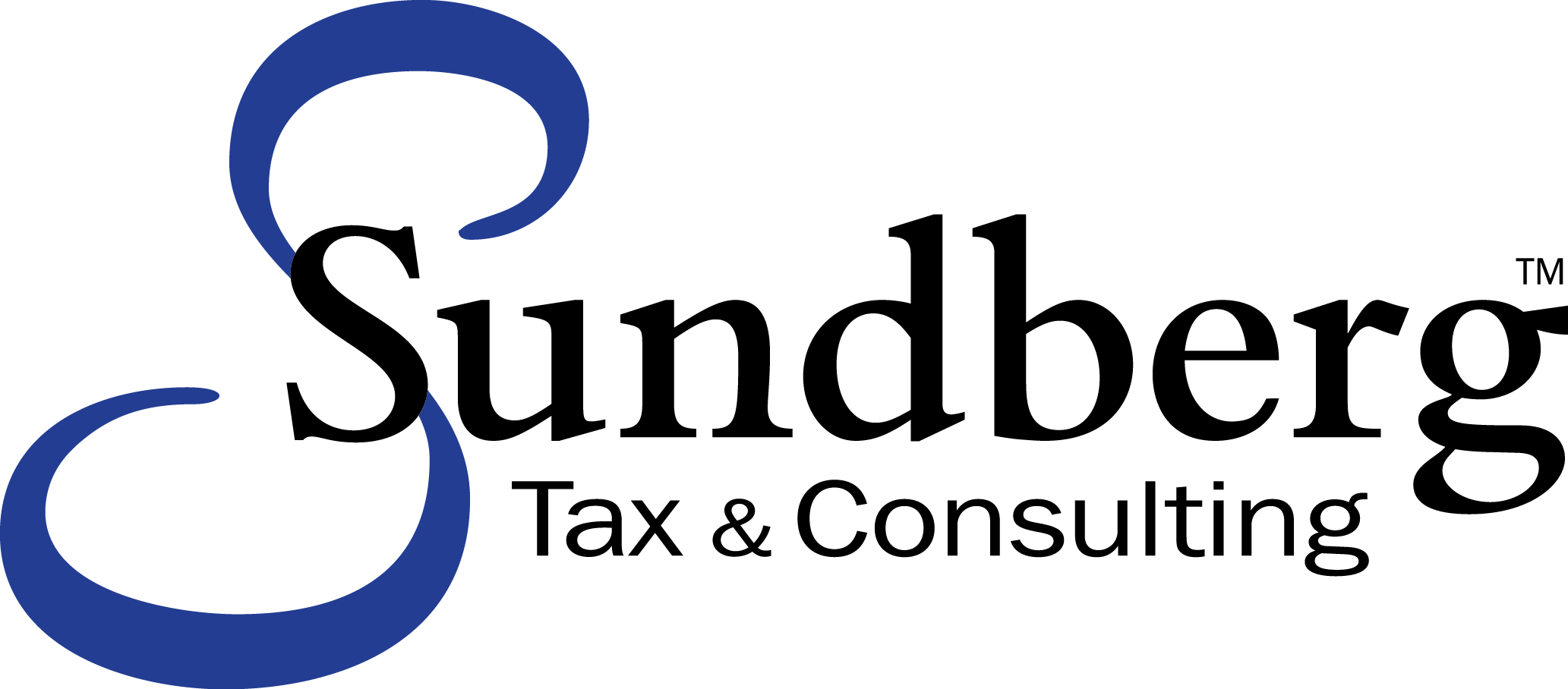 Entrepreneurs who are just starting off often wonder why the first recommendation our firm makes is to start keeping books. Keeping a general ledger makes keeping the necessary records easier, more efficient, and more usable than not using a system like [tipsy content=”The accounting software of choice for many small businesses.” group=”16″ use_oembed=”false” ]QuickBooks[/tipsy].
Entrepreneurs who are just starting off often wonder why the first recommendation our firm makes is to start keeping books. Keeping a general ledger makes keeping the necessary records easier, more efficient, and more usable than not using a system like [tipsy content=”The accounting software of choice for many small businesses.” group=”16″ use_oembed=”false” ]QuickBooks[/tipsy].
To begin our series, we should first ask, what records are required by the Internal Revenue Code?
According to the regulations for keeping records, a taxpayer must keep records that “are sufficient to establish the amount of gross income, deductions, credits, or other matters.” Generally, a business deduction must be ordinary and necessary, so a business would have to show:
1) That money was paid or received
2) The reason for the payment
3) Who received and made the payment
4) The date of the payment
Without this information, taxpayers could claim all kinds of things as business expenses. If someone wanted to buy a personal meal and claim it was a business meal, they could do so whenever they wanted if these requirements were not in place. Recordkeeping would be easier without these requirements, but so would scamming the government. Without a business purpose, such as a business lunch meeting, the IRS, upon audit, would change the meal’s deduction to a dividend because it would be as if the company gave the owner money for lunch.
Not only do proper books and records—even for the new or small business—reduce [tipsy content=”Tax risk is the risk of audit or further involvement by the IRS or other tax authorities.Because the precise method the IRS uses to select the tax returns it audits is a closely-held secret, one should do whatever one can to avoid incomplete or unusual tax returns or returns that have any items that raise red flags.” group=”12″ use_oembed=”false” ]tax risk[/tipsy], but they allow business owners an efficient way to judge the performance of their business, track their receivables and payables, and severely reduce their tax bill after the year closes.
[do action=”disclaimer”/]





